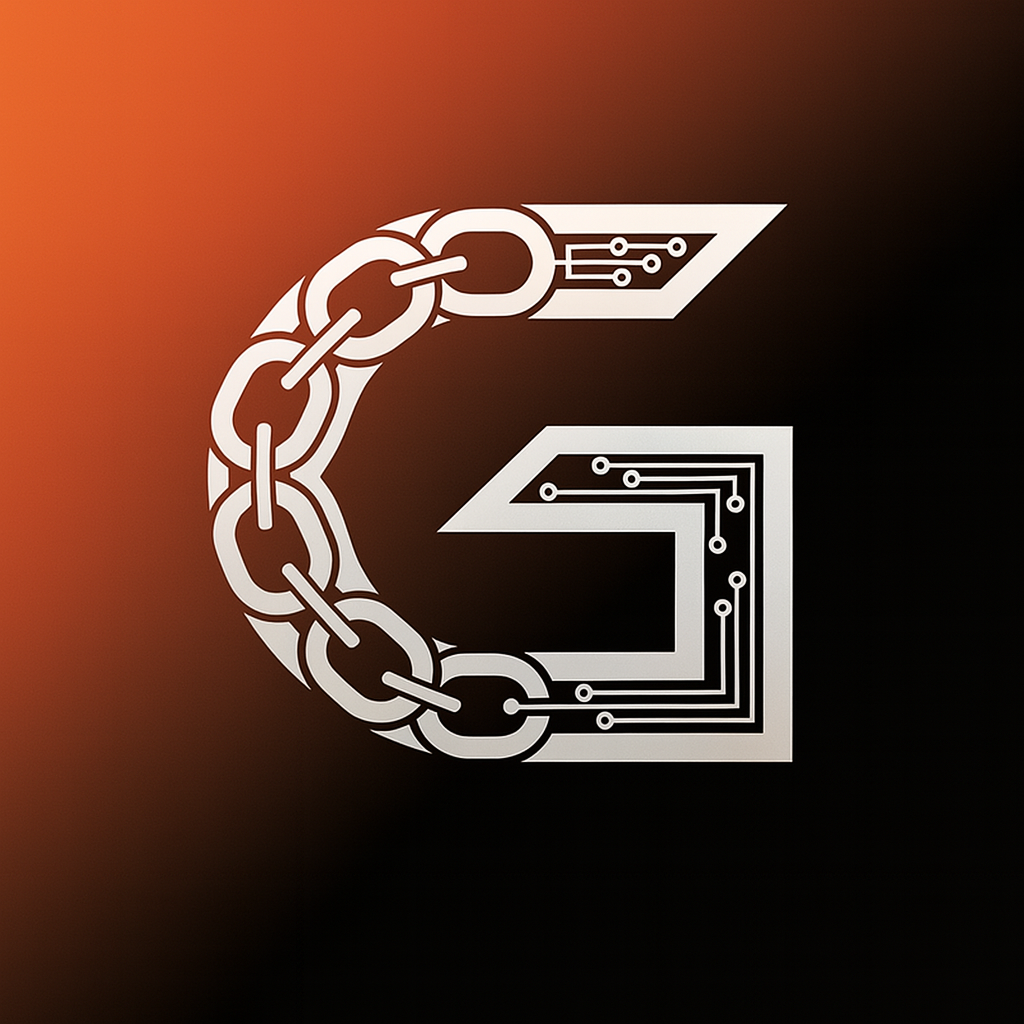Optimizing ETH2 Validator Performance

The Ethereum merge to Proof of Stake created a new competitive landscape for validators, where technical optimization directly impacts profitability. This expert-level analysis demonstrates how seemingly minor configuration decisions can significantly affect attestation effectiveness, block proposal opportunities, and overall validator economics.
Performance Optimization Factors
- •Time-Based Committee Structure: Validators are randomly assigned duties in specific slots, requiring efficient execution within tight timeframes.
- •Attestation Timing: Submissions must occur within 4 seconds, making network latency and processing speed critical factors.
- •Block Proposal Optimization: Careful configuration to include maximum profitable transactions during the limited proposal window.
- •Client Diversity: Running minority clients provides resilience against client-specific bugs that could trigger correlated slashing events.
The blockchain ecosystem continues to evolve at a rapid pace, with new technologies and approaches constantly emerging. Implementing the right technical solutions is essential for validators seeking to provide reliable and efficient services.
Understanding the Fundamentals
Ethereum 2.0 introduced a significant shift in how validators operate on the network. Performance optimization requires careful consideration of hardware specifications, network connectivity, and client configuration parameters. The Ethereum consensus layer employs a time-based committee structure where validators are randomly assigned duties in specific slots. Maximizing performance means ensuring validators can execute these duties efficiently within tight timeframes. Attestations must be submitted within 4 seconds, while block proposals require careful optimization to include the maximum profitable transactions. Client diversity plays a crucial role in both network and individual security—running minority clients provides resilience against client-specific bugs that could trigger correlated slashing events across the network.
Key Considerations for Validators
Professional validators must consider several critical factors to ensure reliable and competitive services:
- •Client diversity - Using a mix of client implementations to reduce systemic risks
- •Hardware optimization - Balancing cost-efficiency with performance requirements
- •Monitoring and alerting - Comprehensive systems to detect and respond to issues
- •MEV strategies - Approaches to Maximal Extractable Value in the Ethereum ecosystem
Technical Implementation
Technical implementations require careful consideration of infrastructure and configuration:
# Example validator client configuration --- # Network settings network: listen_address: "0.0.0.0" port: 9000 discovery_port: 9001 max_peers: 70 # Performance settings execution: threads: 8 max_memory_usage: "8GB" # Monitoring settings metrics: enabled: true port: 8008 host: "127.0.0.1" # Security settings security: enable_tls: true certificate_path: "/etc/validator/certs/tls.crt" key_path: "/etc/validator/certs/tls.key"This configuration establishes a balance between performance, security, and monitoring capabilities. For enterprise deployments, additional parameters would be adjusted based on specific hardware capabilities and network requirements.
Looking Ahead
Ethereum's roadmap includes several upgrades that will impact validator operations, including danksharding, verkle trees, and further improvements to the consensus layer. Successful validators will need to stay informed and adapt their infrastructure accordingly.
Conclusion
As the blockchain space continues to mature, the role of professional validators becomes increasingly important. By staying informed about the latest developments, implementing best practices, and maintaining a commitment to security and reliability, validators can provide valuable services to the networks they support while building sustainable businesses.
At Gigantic Nodes, we remain dedicated to advancing the state of validator operations and sharing our knowledge with the broader community. We believe that professional infrastructure providers play a crucial role in the blockchain ecosystem, and we're committed to setting the highest standards for reliability, security, and performance.
